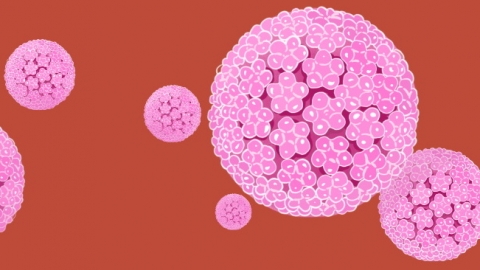Does HPV infection affect lifespan?
Generally, whether HPV infection affects lifespan depends on the type of infection, timely intervention, and whether it has led to serious complications. Lifespan is typically unaffected when low-risk infections or high-risk infections are properly controlled. However, if a high-risk HPV infection persists without intervention and progresses to malignancies such as cancer, it may impact lifespan. If concerned, early medical consultation is recommended. Detailed analysis is as follows:

If the infection is caused by a low-risk HPV type and only results in benign conditions such as genital warts, or if a high-risk HPV infection is detected early and effectively managed through medications or physical treatments to suppress viral replication—preventing progression to cancers of the cervix, anus, or other sites—then with appropriate medical intervention, the body can gradually clear the virus or control the lesions. In such cases, lifespan is not affected, and maintaining regular follow-up examinations ensures continued health.
However, if a high-risk HPV infection persists over time without intervention, continuous cellular damage may eventually lead to malignant tumors such as cervical cancer or penile cancer. If these cancers are diagnosed at an advanced stage, treatment becomes more difficult and may negatively affect normal life expectancy. These situations often arise due to neglecting regular screenings or failing to treat early-stage abnormalities, thus missing the optimal window for intervention and posing a threat to long-term health and survival.
After detecting an HPV infection, prompt medical evaluation is essential to determine the specific HPV type and establish a targeted management plan. Regular screening of relevant areas should also be conducted to monitor for any disease progression.








